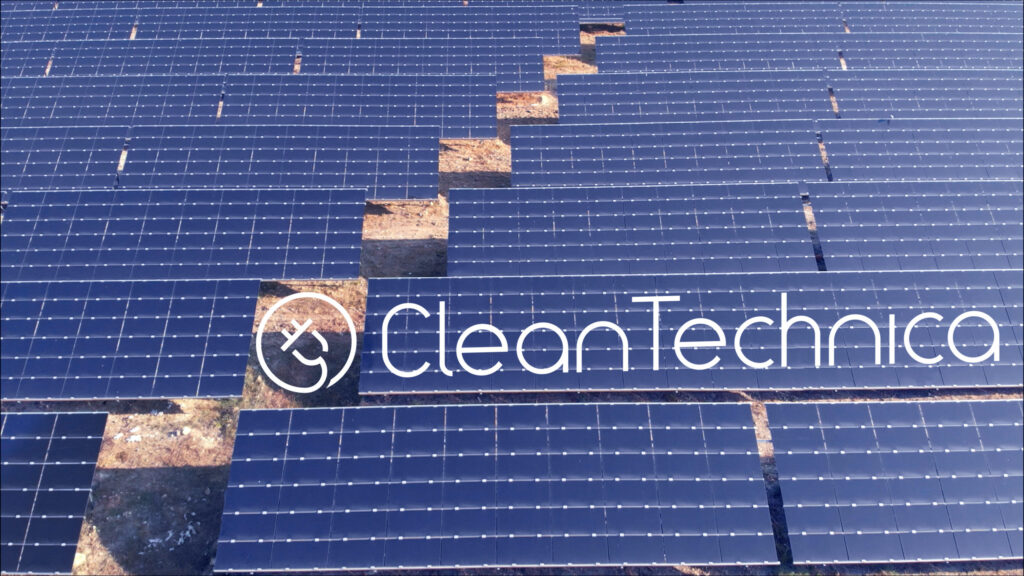16 Rural Electric Cooperatives to Receive $7.3 Billion in Federal Funding
Better Electricity Services for Members
Sixteen rural electric cooperatives (RECs) in the United States have been selected to receive $7.3 billion in federal funding to improve the reliability and affordability of electricity for their members. This announcement marks a significant step towards enhancing the overall electricity distribution infrastructure in rural areas, where access to reliable energy is crucial for economic growth and development.
What Does This Mean for Members?
The funding, made available through the U.S. Department of Agriculture’s (USDA) Electric Program Loan Fund, will enable the RECs to invest in various projects that will benefit their members in several ways. These projects include:
Infrastructure Upgrades
The RECs will use the funding to upgrade their existing infrastructure, including transmission lines, substations, and distribution networks. This will enhance the reliability and efficiency of the electricity supply, reducing power outages and ensuring that members receive a consistent supply of electricity.
Smart Grid Technologies
The RECs will also invest in smart grid technologies, such as advanced metering infrastructure and grid management systems. These technologies will enable more accurate and real-time monitoring of electricity usage, enabling members to better manage their energy consumption and reducing energy waste.
Renewable Energy Integration
The funding will also support the integration of renewable energy sources, such as solar and wind power, into the grid. This will help reduce carbon emissions and increase the availability of clean energy for members.
Grid Resilience and Security
The RECs will also invest in grid resilience and security measures, including weatherproofing and hardening their infrastructure to protect against severe weather events and cyber threats.
Rural Economic Development
The improved electricity services provided by the RECs will have a positive impact on rural economic development, enabling businesses and households to operate more efficiently and productively. This will contribute to the growth of rural economies and improve the overall quality of life for residents.
Faster and More Reliable Connection Times
With the upgraded infrastructure and smart grid technologies, RECs will be able to establish new connections faster and with greater reliability. This means that new businesses and homes can be brought online sooner, stimulating economic growth and development.
A Brighter Future for Rural America
The $7.3 billion in federal funding marks a significant investment in the future of rural America, enabling RECs to deliver better electricity services to their members. As the energy landscape continues to evolve, this funding will support the development of a more efficient, reliable, and sustainable energy system, improving the lives of millions of people in rural areas.
Conclusion
The funding provided to the 16 RECs will have a transformative impact on the quality and reliability of electricity services in rural America. As these projects are implemented, rural residents and businesses can expect to enjoy better access to affordable and reliable energy, driving economic growth and development in these areas.
Frequently Asked Questions
Q: Who is eligible for the funding?
A: The 16 selected rural electric cooperatives are eligible for the funding.
Q: What kind of projects will the RECs undertake with the funding?
A: The RECs will invest in various projects, including infrastructure upgrades, smart grid technologies, renewable energy integration, and grid resilience and security measures.
Q: How will this funding benefit rural communities?
A: The improved electricity services provided by the RECs will stimulate economic growth and development, improving the overall quality of life for rural residents.
Q: When will the projects begin and be completed?
A: The exact timeline for the projects will vary depending on the individual RECs and their specific project plans.



_2.png?w=150&resize=150,150&ssl=1)



